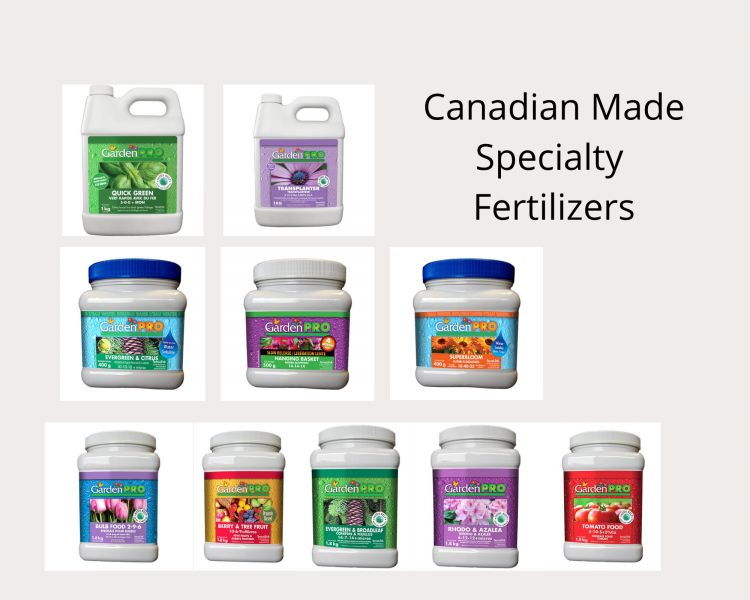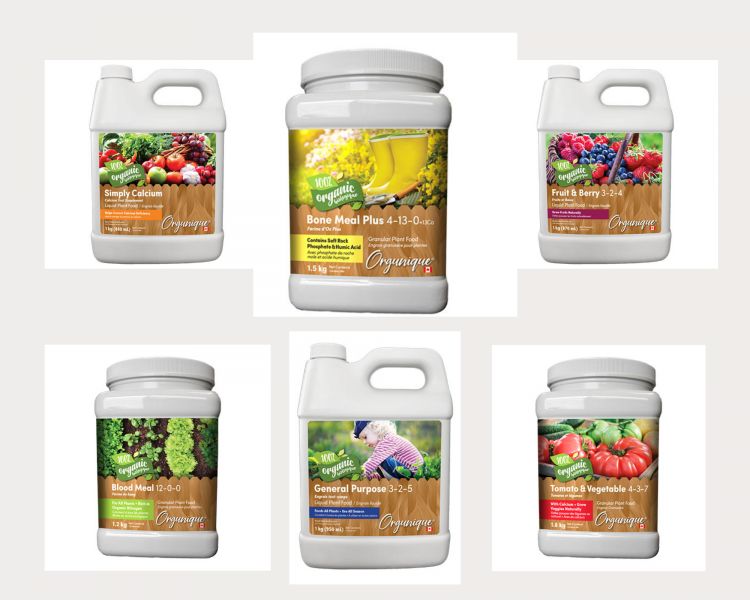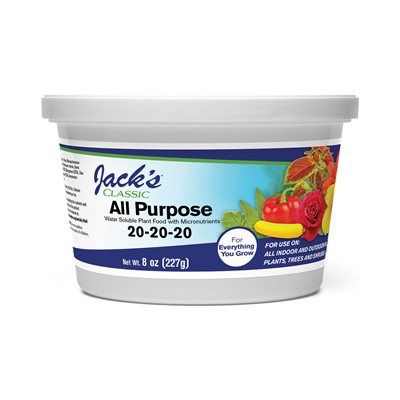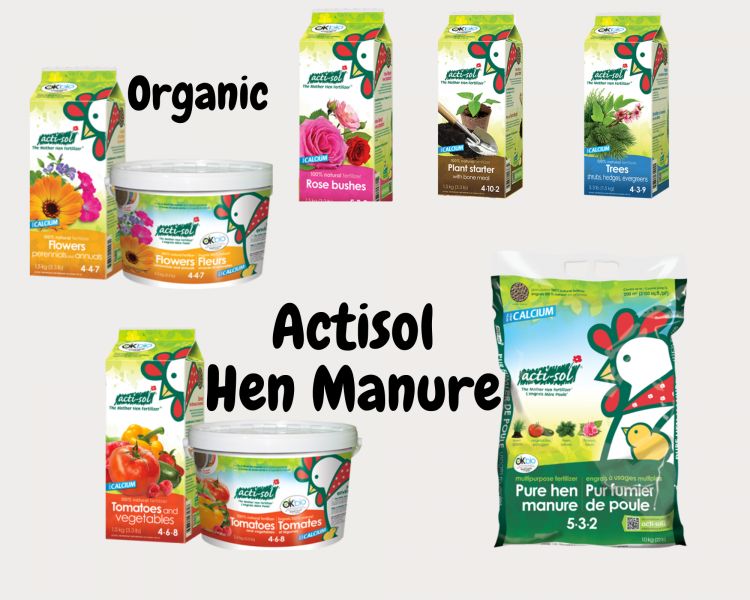Fertilizers

All gardeners, are eager to help our plants and make every effort for them to grow strong and healthy. But most garden soils don't provide all of the nutrients a plant needs to reach their it’s full potential. It's up to us to close the gap.
By adding compost and other organic matter, which is important for improving the long-term health and fertility of your soil is great in the long run, fertilizers play an important role in providing the readily available nutrients that keep plants growing strong.
Most garden fertilizers contain the three primary plant nutrients: nitrogen (N), phosphorus (P) and potassium (K), plus they may contain small amounts of the minor nutrients: magnesium, calcium, sulfur, iron and boron. The N-P-K ratio on the label tells you the percentage – by weight – of each major nutrient.
Nitrogen is essential for fueling new growth. Most soils are low in nitrogen because it’s a water-soluble nutrient that gets washed away by rain or gets used up by plants and microbes.
Phosphorus stimulates root growth and helps plants transfer energy between their roots, leaves and flowers. Sometime phosphorus is present in the soil, but is not available to plants due to soil temperature, microbial activity or the pH of the soil.
Potassium helps plants move water, nutrients and carbohydrates from one area to another. It is also responsible for stimulating early growth, improving hardiness and increasing resistance to insect pests and diseases.
If you purchase an organic fertilizer, you may notice that the N-P-K rating is relatively low compared to most synthetic fertilizers. This is because by law, the label can only reflect immediately available nutrients. Most organic fertilizers contain slow-release nutrients and trace elements that will become available over time.
Not all plants need the same amount of nutrients or need them at the same time during the growing season. Always follow directions on the label, because application rates vary depending on the nutrient content, whether it’s a synthetic or organic fertilizer, and whether it is granular, timed-release or water-soluble. See the plant tag or information sheet that has been provided, or ask an associate when here about which fertilizer will be best for your plant.
Though you don’t want to let plants go too hungry, applying too much fertilizer can cause problems. Plants that get too much nitrogen will produce lots of foliage but few flowers and fruit. Too much phosphorus in the soil makes it difficult for plants to absorb iron and zinc; too much potassium prevents them from absorbing calcium. Excess fertilizer may also end up in groundwater and waterways, that could damage ecosystems and pollute drinking water.




